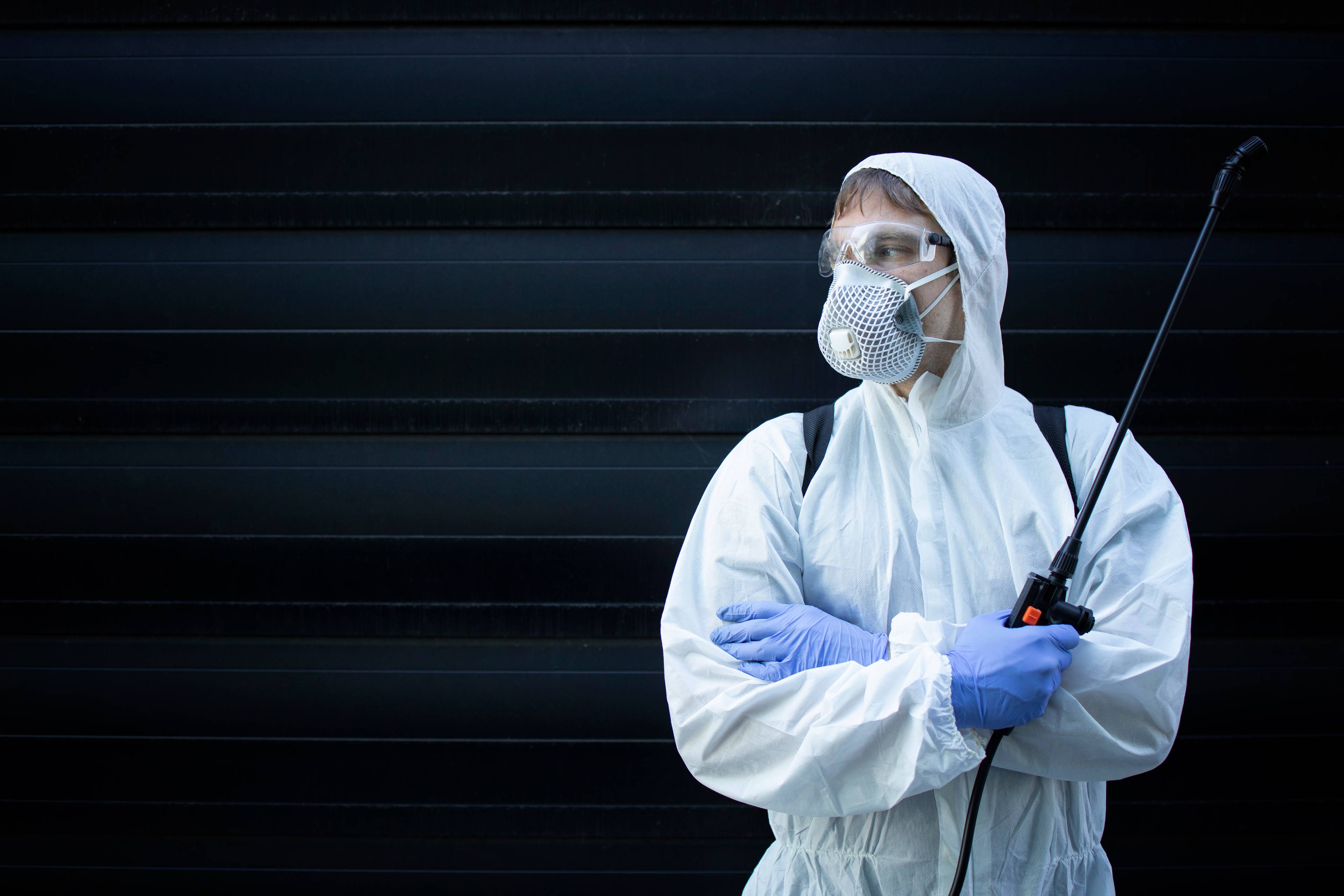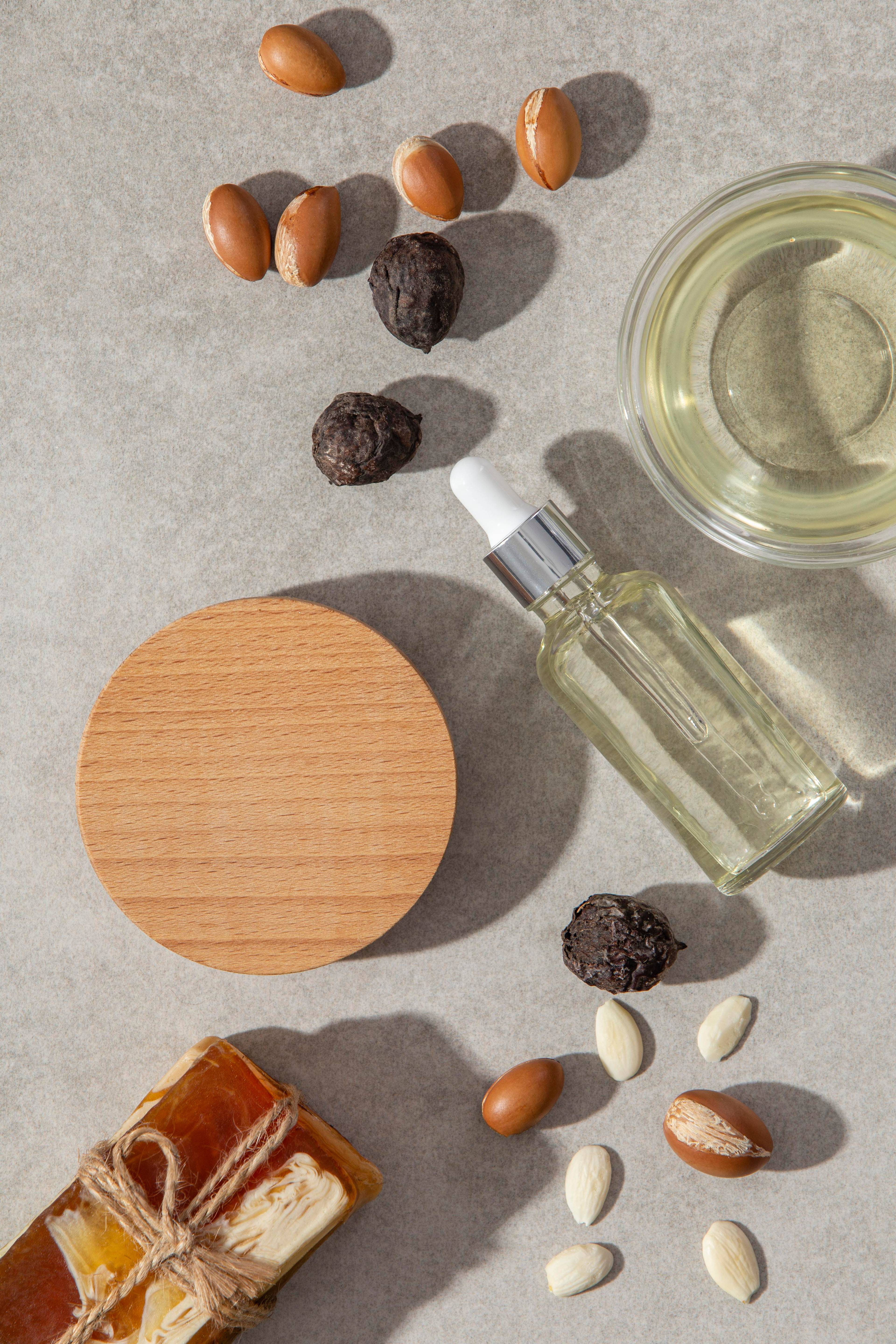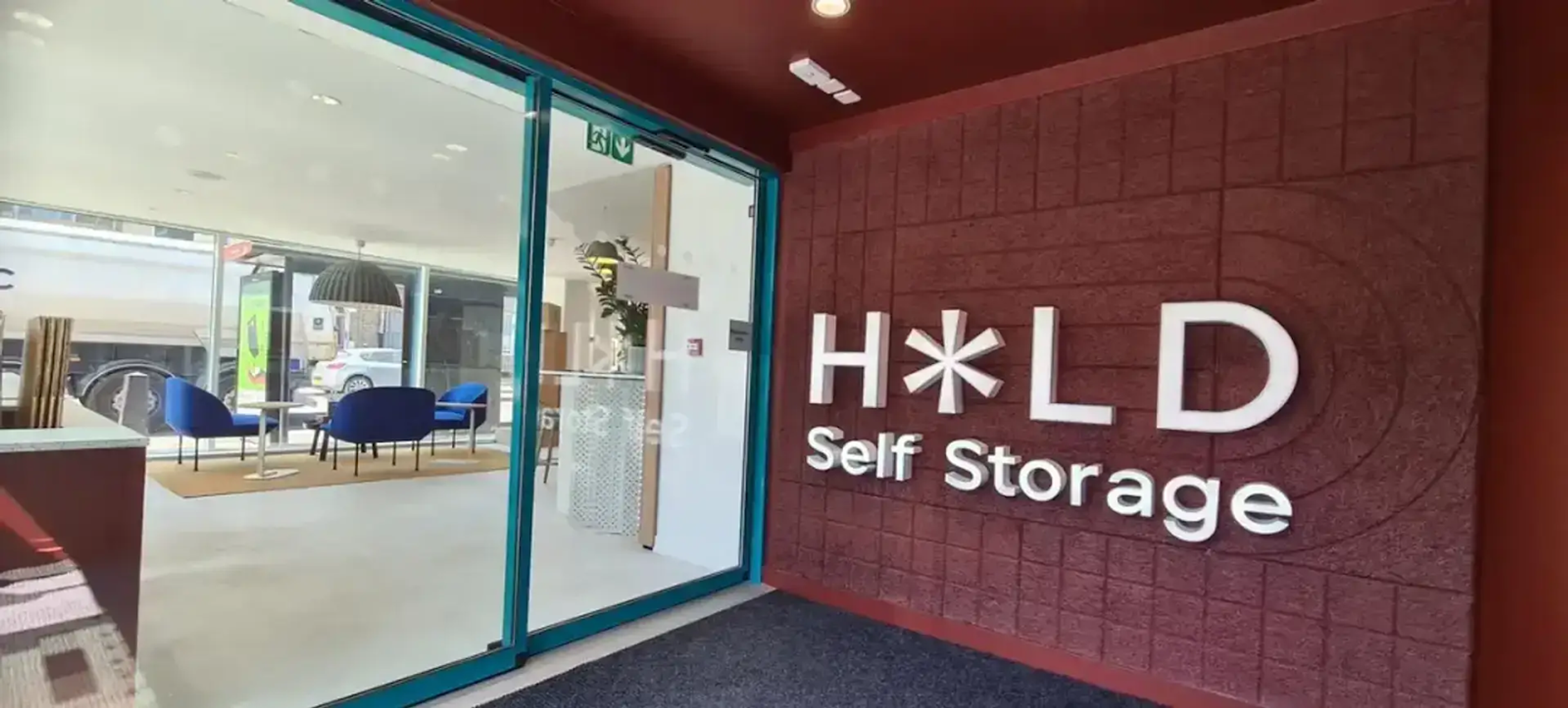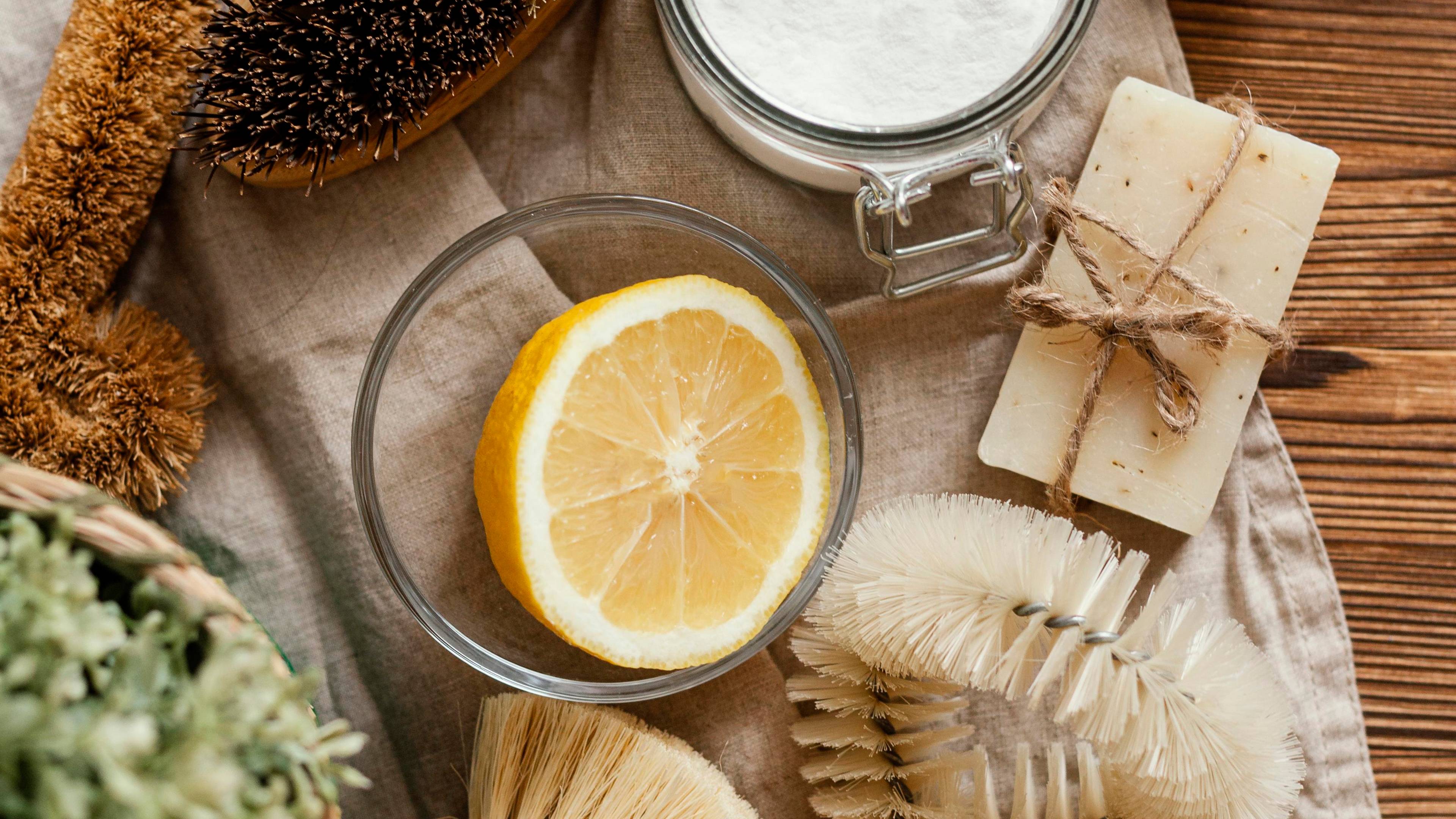Keeping a storage unit clean, organised, and pest-free is crucial, whether you're using it for short-term storage or as part of a long-term storage solution. Storage facilities are great for freeing up space at home, but they can inadvertently become homes for bugs and rodents.
Once pests settle in, they can damage your items, cause odours, and even create a health hazard. To avoid a pest problem, it's essential to understand what might attract pests to your storage unit and learn the best practices for pest prevention.
From airtight containers to natural pest deterrents, there are numerous ways to protect your stored belongings. Knowing what to put in your storage unit to keep bugs away can prevent costly damage and stress down the road.
Understanding what attracts pests to storage units
Pests are often attracted to storage units because of the secluded, dark, and sometimes warm environment. With this setup, bugs and rodents find ideal hiding spots. Here are common attractants to be aware of:
- Food – Even small traces of food can attract pests, especially if food items or residue are left behind.
- Soft materials – Upholstered furniture and bedding make ideal nesting spots for rodents and bugs.
- Organic matter – Dust, dirt, and organic debris provide shelter and sustenance for pests.
- Dampness and poor ventilation – Moist conditions encourage the growth of mould and attract pests that thrive in damp environments, like silverfish and cockroaches.
Nine tips to prevent pests in your storage unit
Following these nine tips can help you maintain a bug-free and pest-proof storage space.
Use plastic storage containers over cardboard boxes
Cardboard boxes are often a prime target for pests, as cardboard absorbs moisture and attracts insects like silverfish and roaches. Instead, opt for plastic storage containers or plastic storage bins with secure, airtight lids. Plastic storage containers are also more durable and provide an extra layer of protection against moisture and pests.
Clean stored items thoroughly
Any dust or crumbs on your stored belongings can attract insects. Before placing items into storage, clean them thoroughly, especially if they’ve been in contact with food. Washing soft items, like blankets and curtains, will reduce any food residue or organic matter that might otherwise attract insects.
Avoid storing food items
As a rule, never store food in a self storage facility. Even dried goods, sealed snacks, or canned food can attract pests if left over time. If you must store food temporarily, keep them in airtight containers specifically designed for food storage.
Opt for pest-proof storage solutions

Using pest-proof storage solutions like plastic bins and airtight containers can help protect your items. Plastic storage containers with snap-tight lids prevent pests from accessing the contents, while plastic wrap can be used to cover larger items or boxes for an added barrier. Even a plastic mattress cover can help keep pests out of upholstery.
Consider using natural ingredients to deter pest infestation
Scents like peppermint, lavender, and cedar are known natural repellents for bugs. Adding a few cedar blocks or cotton balls soaked in peppermint essential oils can deter pests without harsh chemicals. These are also known to repel moths and some beetles, making them particularly useful for storing fabric items.
Keep storage units raised and ventilated
Raising items off the ground with small pallets can prevent pests like cockroaches and ants from nesting underneath your items. Good ventilation can also reduce moisture, preventing both mould and pests.
Inspect entry points and seal any gaps
Pests often sneak into storage units through small gaps, cracks, or poorly sealed doors. Regularly inspect and seal entry points to deter pests. If the storage facility provides pest control units, ask if they regularly check for entry points. Also, be mindful of a storage facility with well kept landscaping, as nearby vegetation can harbour pests that might sneak into units.
Schedule regular inspections and maintenance
It's easy to neglect a storage unit over time, which can lead to an unnoticed pest problem. Visit your storage facility regularly to check for signs of pests, such as rodent droppings, insect trails, or damage to boxes. An inspection allows you to catch any signs of pest infestation early and take action before it becomes a bigger issue.
Consult professional pest control if needed
If you notice signs of pests despite your efforts, consider calling in professional pest control. Most storage space have arrangements with pest control providers who can address pest issues safely.
Historical facts: pest control and storage
Historically, pest control has evolved from natural methods like burning certain plants to repel bugs to chemical solutions in the 19th century. During the Victorian era, cedar became a common pest deterrent in storage due to its moth-repelling properties. Today, many traditional methods, such as using cedar, remain relevant and have been proven effective for long term storage.
Key items to deter pests in a storage unit
Here’s a quick list of items you can place in your storage unit to help deter pests:

Cedar blocks – Natural deterrents for moths and beetles.
Essential oils – Peppermint and lavender oils repel spiders and rodents.
Airtight containers – To safely store food and prevent food odours from attracting pests.
Plastic storage bins and heavy-duty plastic containers – More durable and pest-resistant than cardboard.
Cotton balls soaked in essential oils – Place in corners to repel smaller bugs.
Warning signs of a pest problem
When visiting your self storage facility regularly, look out for these common signs of pest infestations:
- Droppings or pest residue – Rodent droppings are a sure sign of mice or rats. Rodent droppings near stored food or bedding are a red flag.
- Pest damage – Gnawed boxes, chewed corners, or holes are indicators of rodent presence.
- Musty smell or dampness – This can attract silverfish and other insects that thrive in moist environments.
- Webs or nests – Spiders and other insects leave webs or nests in dark corners, especially in undisturbed an self storage unit.
Common pests in storage units and how to prevent them
Certain pests are more likely to appear in self storage units, and knowing what they are can help in prevention.
- Rodents – Mice and rats are drawn to food items and soft bedding materials. To keep rodents away, store fabrics in airtight containers or plastic storage bins.
- Moths – Fabric-eating moths are attracted to upholstered furniture, wool, and fabric.
- Cockroaches – These bugs love dark, damp spaces and can be difficult to eradicate once they arrive. Using a bug spray around door frames and entry points may help, as well as keeping your unit clean.
- Ants – They are attracted to any remaining food residue or crumbs. Avoid keeping any food in your unit and store delicate items in plastic bags for an extra layer of protection.
- Bed bugs – If you’re storing upholstered furniture, consider wrapping it in plastic mattress covers to prevent bed bugs from infesting it.
Best storage practices for bug-free storage
While storage facilities often maintain their units to prevent pest issues, extra precautions on your part can make a huge difference. Here’s a quick roundup of best practices to keep your stored items safe:
- Use pest deterrents like cedar and essential oils to discourage bugs from settling.
- Avoid food and food items to prevent attracting pests in the first place.
- Inspect your storage unit regularly to catch early signs of pest problems.
- Choose plastic storage solutions like plastic storage bins and plastic containers to safeguard stored belongings.
- Use pest-proof containers to protect soft materials and prevent pests from reaching valuables.
When to call for pest control services
If you spot signs of pests during your storage unit visits, contacting pest control services quickly can prevent further damage. Many storage facilities offer professional pest control services as part of their facility maintenance, so check with the management to see if they have a pest control plan. This can provide an extra layer of safety for your items, especially in units that house sentimental or irreplaceable belongings.
Conclusion: A proactive approach to pest-free storage
Keeping pests out of your storage unit requires a combination of careful packing, regular maintenance, and preventative measures. Simple steps like choosing plastic containers, placing a cedar block around fabric items, and regularly inspecting stored items can go a long way. And if necessary, enlist the help of pest control services to handle more serious infestations. Following these tips ensures your items stay safe, clean, and bug-free for as long as you need.
HOLD can meet all self storage needs
If you're in search of a self storage facility in London that offers climate-secure units and first-class security for all our customers, HOLD Self Storage is here to help. With a friendly team, advanced security measures, and a wide range of storage services and , our Kings Cross facility has everything you need to keep your belongings safe and sound.

Contact us today for a free quote or to learn more about our self storage service!
Frequently Asked Questions (FAQ)
Can I store food in a storage unit?
Storing food in storage units is not recommended, as even non-perishable items can attract pests. If food storage is unavoidable, use airtight containers designed to keep out bugs and moisture.
What materials are best for containers to keep pests away?
Plastic storage containers with secure, airtight lids are ideal, as they are durable, moisture-resistant, and harder for pests to access compared to cardboard boxes.
How can I naturally deter pests in my storage unit?
Natural pest deterrents like cedar blocks and peppermint essential oils are effective for repelling bugs and rodents without chemicals. Simply place cedar or cotton balls with essential oils in the corners of your unit.
How often should I inspect my storage unit for pests?
It’s a good idea to inspect your storage unit every few months to check for signs of pests, like droppings or damaged items. Regular visits can help catch pest issues early.
When should I call pest control for my storage unit?
If you notice persistent signs of pests despite preventive measures, consider calling professional pest control services. Many storage facilities offer pest control options as part of their maintenance services.
How does storage work at HOLD?
Self-storage works by renting a storage unit or space for a specified period. You can store your belongings in the unit and access them whenever you need to. It's like having your own personal storage space away from home.
Is storing my belongings with HOLD secure?
We have 24/7 CCTV, access control, smoke detectors, and fireproofing.. Only you will have access to your unit and the building in access by pin only and monitored 24/7 by CCTV. Upon registration, you'll receive a unique PIN code granting you access to the site. Additionally, you'll secure your unit with your own padlock.
If you need others to access your unit, they can do so with your permission and using your code.


